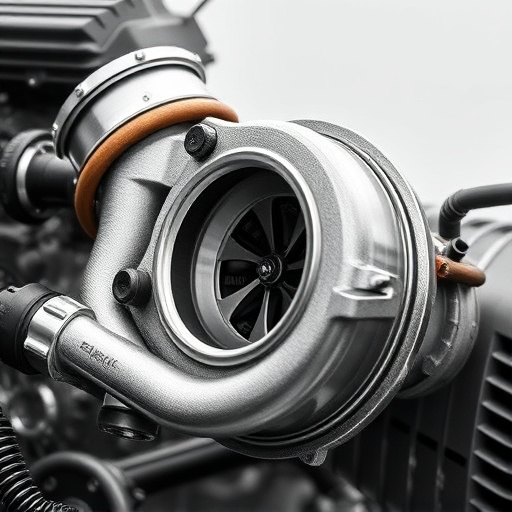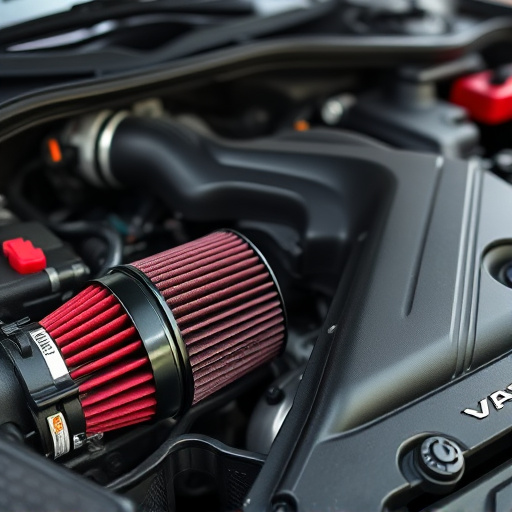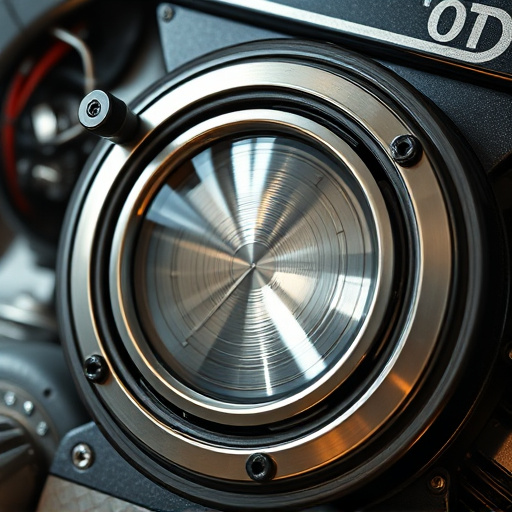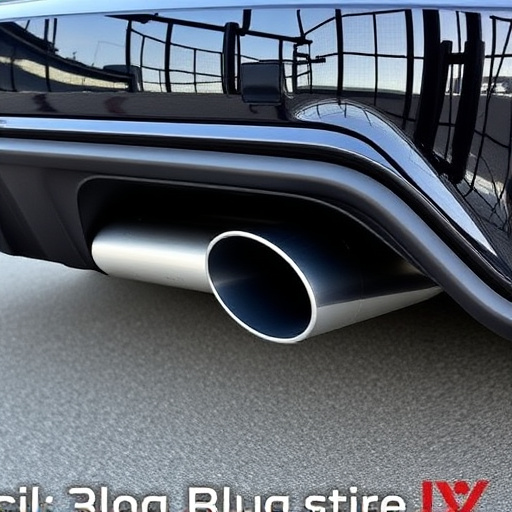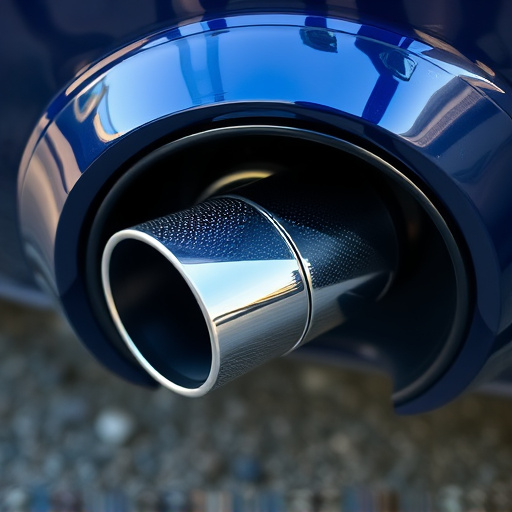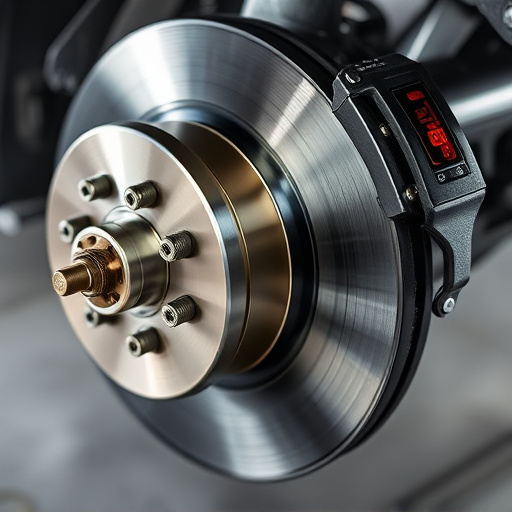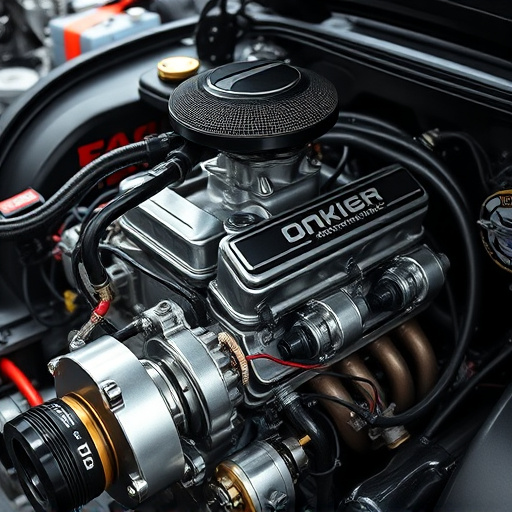Dry air filters are automotive game-changers, offering enhanced engine performance by providing clean, dry air intake. Unlike oil-based filters that clog over time, these advanced filters trap contaminants using innovative materials, improving fuel economy and reducing emissions. By minimizing friction and optimizing combustion, they increase horsepower and torque while extending the lifespan of essential engine components. Dry air filter systems are straightforward to install, quiet in operation, environmentally friendly due to their lack of oil usage, and require regular cleaning or replacement for optimal performance and reduced maintenance costs.
Discover how dry air filters revolutionize engine care without relying on oils. This innovative technology is transforming automotive maintenance by boosting efficiency and reducing wear. By eliminating the need for traditional lubricants, dry air filters offer a cleaner, more sustainable solution. In this article, we explore their unique operation, significant performance benefits, and easy implementation, making them an essential upgrade for any vehicle owner seeking optimal engine health.
- Understanding Dry Air Filters: How They Work and Their Benefits
- The Impact on Engine Performance: Enhanced Efficiency and Reduced Wear
- Implementation and Maintenance: Ensuring Optimal Results Without Oils
Understanding Dry Air Filters: How They Work and Their Benefits

Dry air filters are a revolutionary technology designed to enhance engine performance by providing clean and dry air intake. Unlike traditional oil-based filters that can become clogged over time, dry air filters use advanced materials to trap contaminants without relying on oil. This innovative approach offers several key benefits for vehicle owners.
These filters effectively remove dust, dirt, pollen, and other airborne debris from the incoming air, ensuring your engine receives only pure, dry air. By maintaining optimal airflow, a dry air filter can significantly boost engine efficiency, leading to improved fuel economy and reduced emissions. Moreover, by eliminating oil-soaked filters, there’s less risk of clogged suspension components, brake rotors, or muffler tips due to the build-up of oily residue, ensuring your vehicle runs smoothly and efficiently for longer periods.
The Impact on Engine Performance: Enhanced Efficiency and Reduced Wear
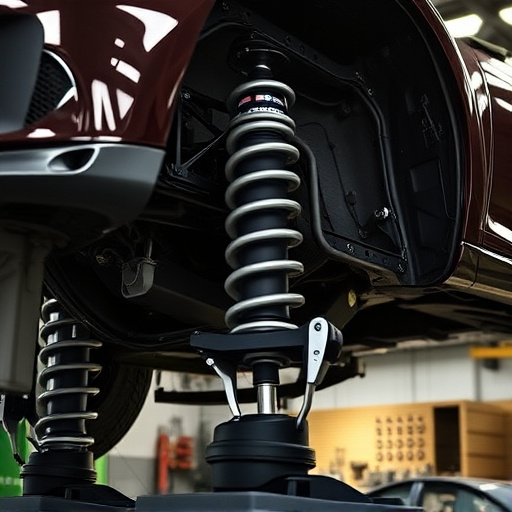
The use of a dry air filter can significantly impact engine performance, with enhanced efficiency being one of its key benefits. By ensuring that only clean, dry air enters the engine, this filter minimizes friction and optimizes combustion, leading to improved horsepower and torque. The reduction in intake air restrictions allows for better airflow, which is crucial for efficient fuel burning. This simple yet powerful upgrade can result in increased acceleration and overall performance, making it a popular choice among car enthusiasts.
Moreover, the reduced wear on engine components is another advantage of employing a dry air filter. Traditional air intake systems often introduce moisture and contaminants into the engine, leading to accelerated wear on parts such as valves and pistons. A dry air filter eliminates this issue by trapping water vapor and debris, protecting internal engine components from damage over time. This not only extends the life of critical engine parts but also contributes to better performance brakes and muffler tips, ensuring a more reliable and smoother driving experience.
Implementation and Maintenance: Ensuring Optimal Results Without Oils
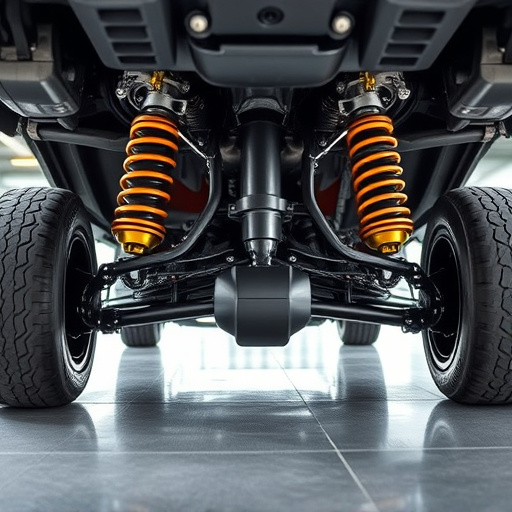
Implementing a dry air filter system is a straightforward process that can significantly improve engine efficiency, especially in vehicles designed for optimal performance. Once installed, the system operates quietly and effectively, removing contaminants from the air intake without relying on traditional oil-based filters. Regular maintenance is key to ensuring continued optimal results. This involves periodic cleaning or replacement of the dry filter media, depending on usage and environmental conditions.
Compared to conventional systems with exhaust mufflers and brake components, a dry air filter requires less frequent servicing, making it an economical choice for many vehicle owners. Moreover, by eliminating oil usage, these filters contribute to reduced environmental impact and lower maintenance costs. Proper care includes regular inspection of the filter’s condition and cleaning or replacing it according to the manufacturer’s recommendations, ensuring continued peak engine performance without the need for oily maintenance routines.
A dry air filter represents a revolutionary advancement in engine technology, offering unparalleled efficiency gains without requiring traditional oils. By seamlessly integrating into existing systems, these filters mitigate wear and tear, ensuring optimal performance and prolonged engine life. Adopting a dry air filter is not just an upgrade; it’s a strategic move towards enhanced automotive care that simplifies maintenance routines while delivering impressive results.








